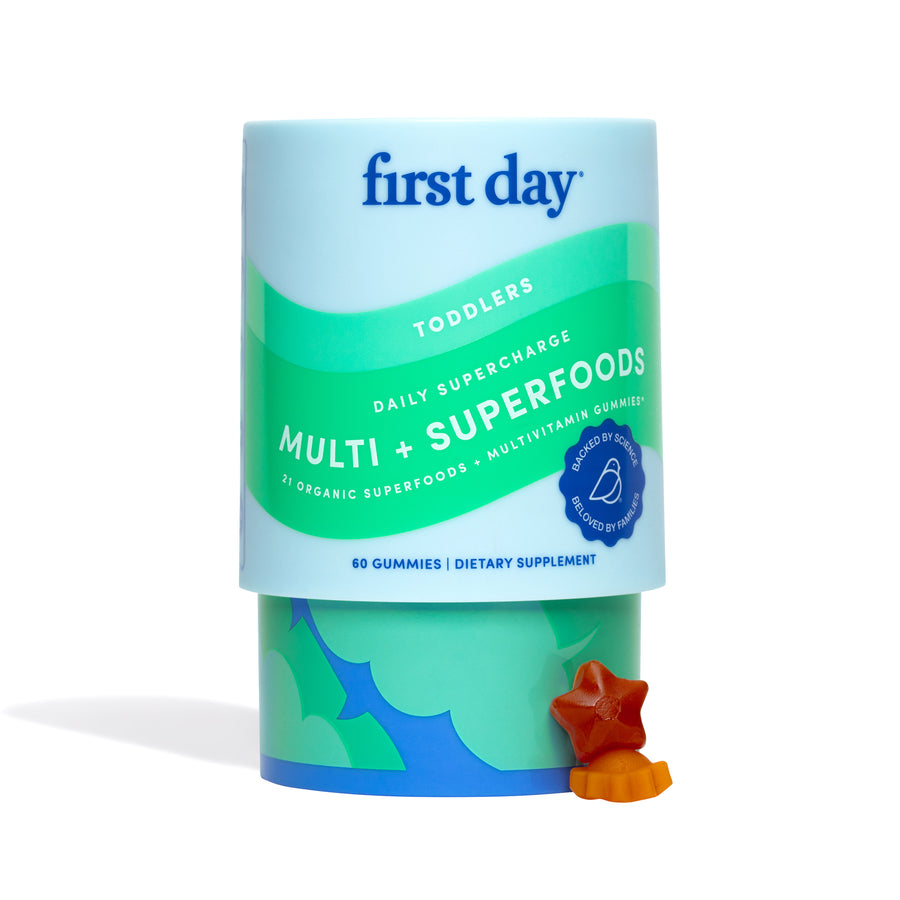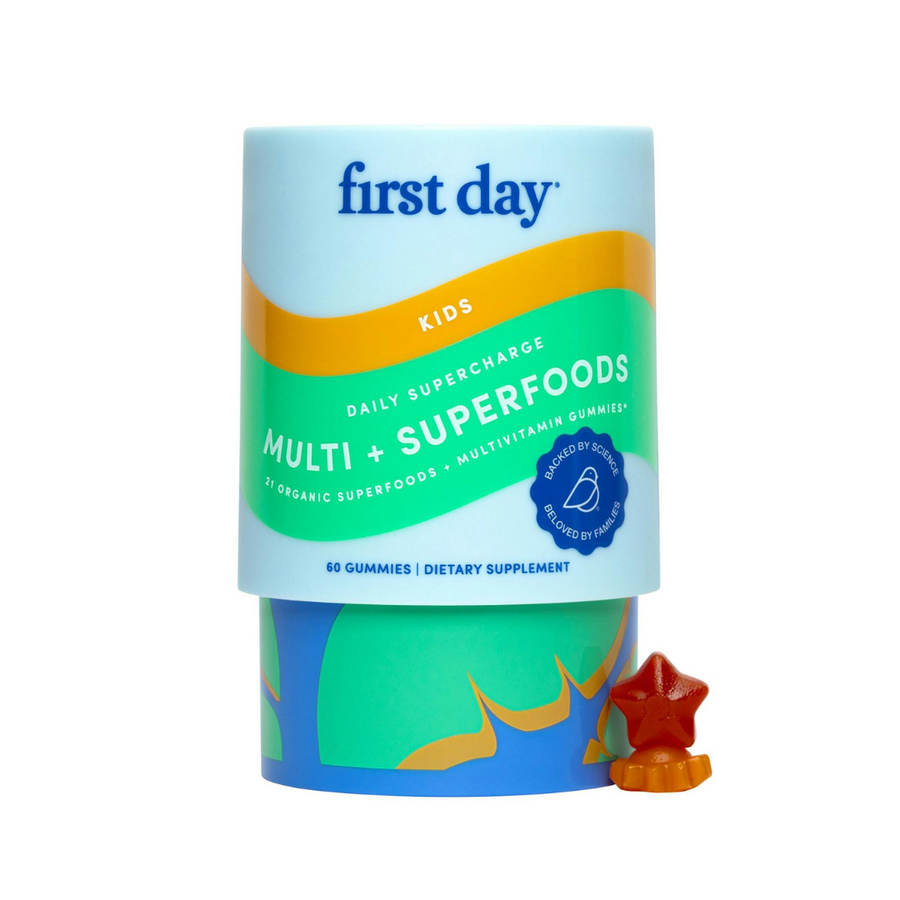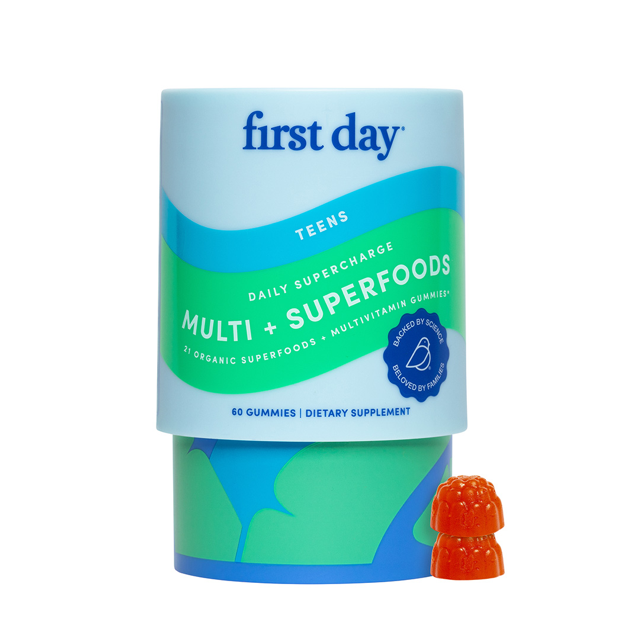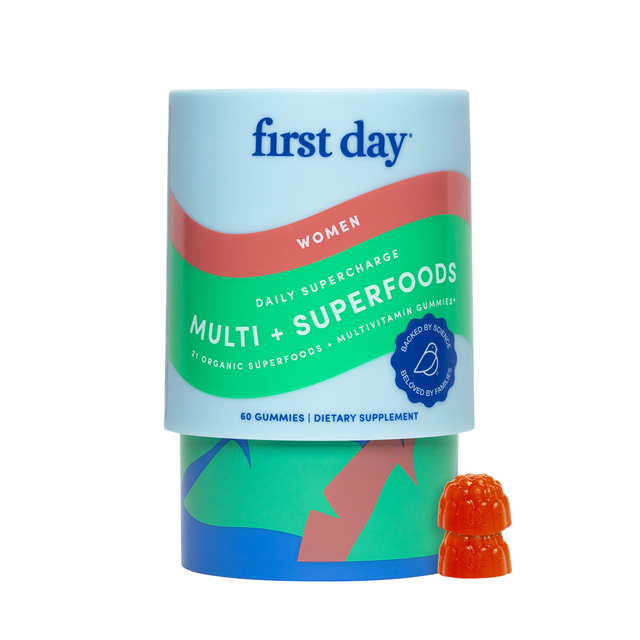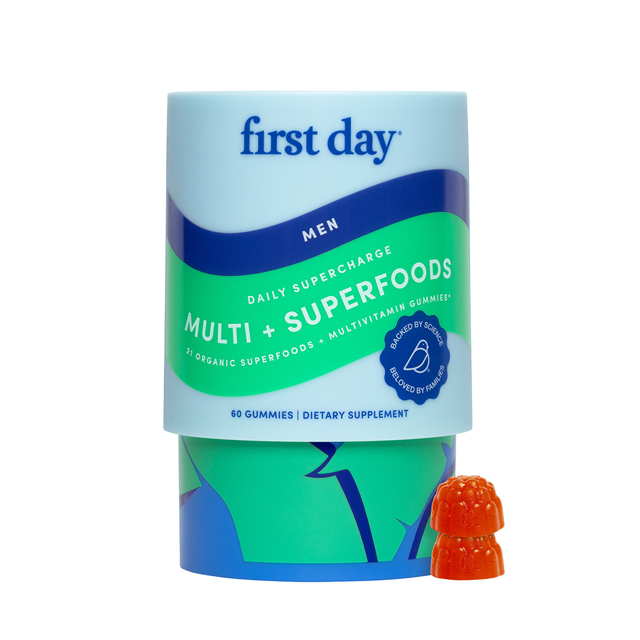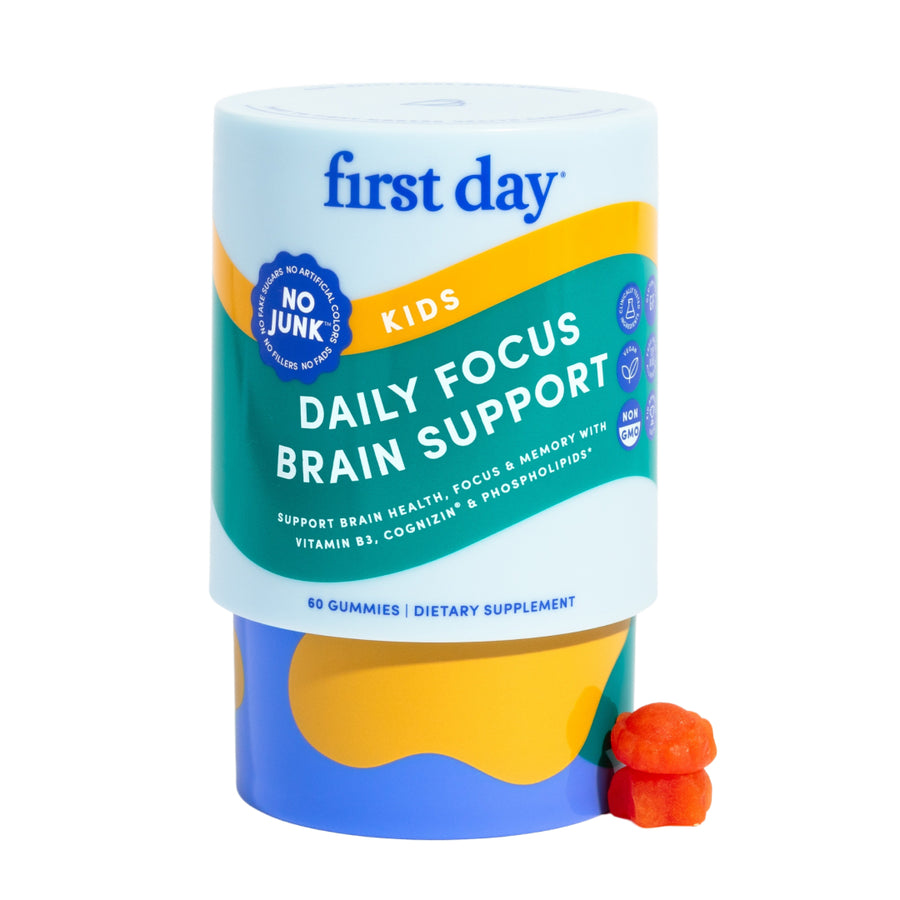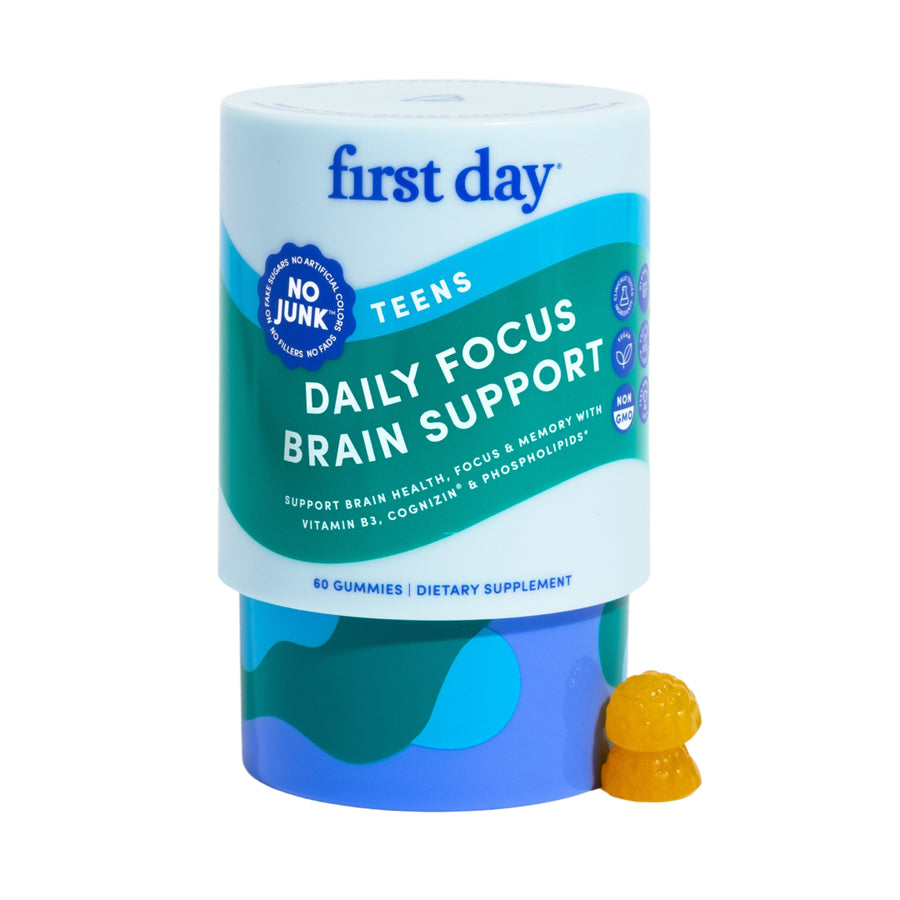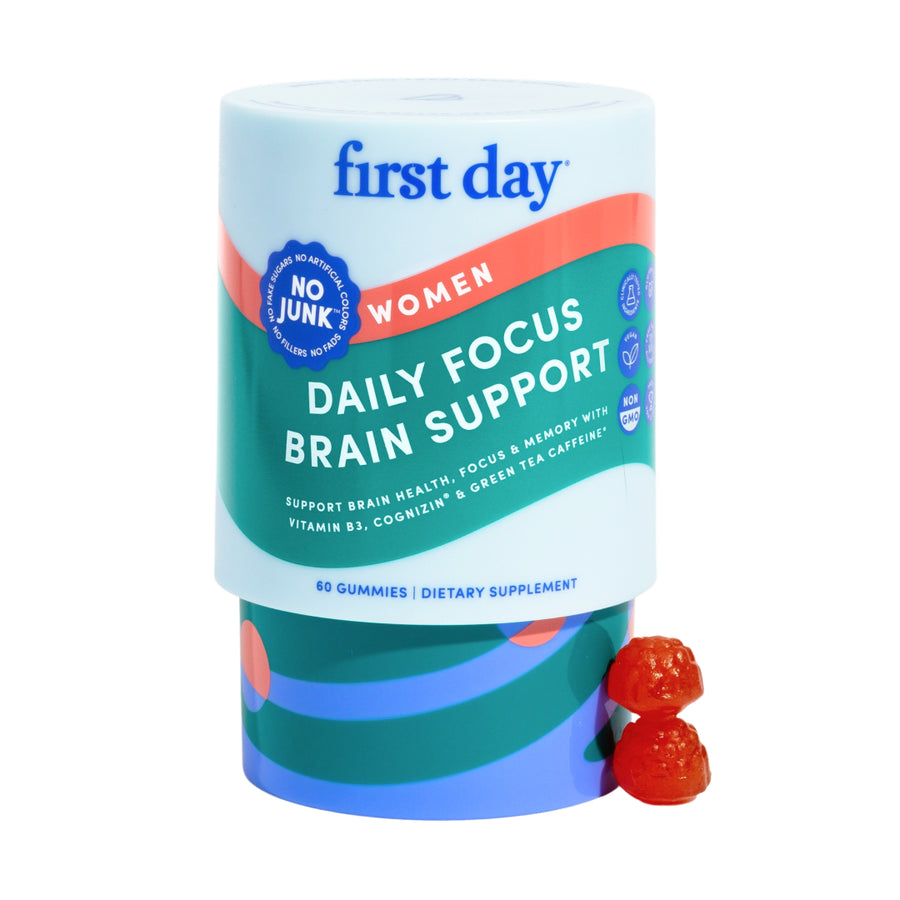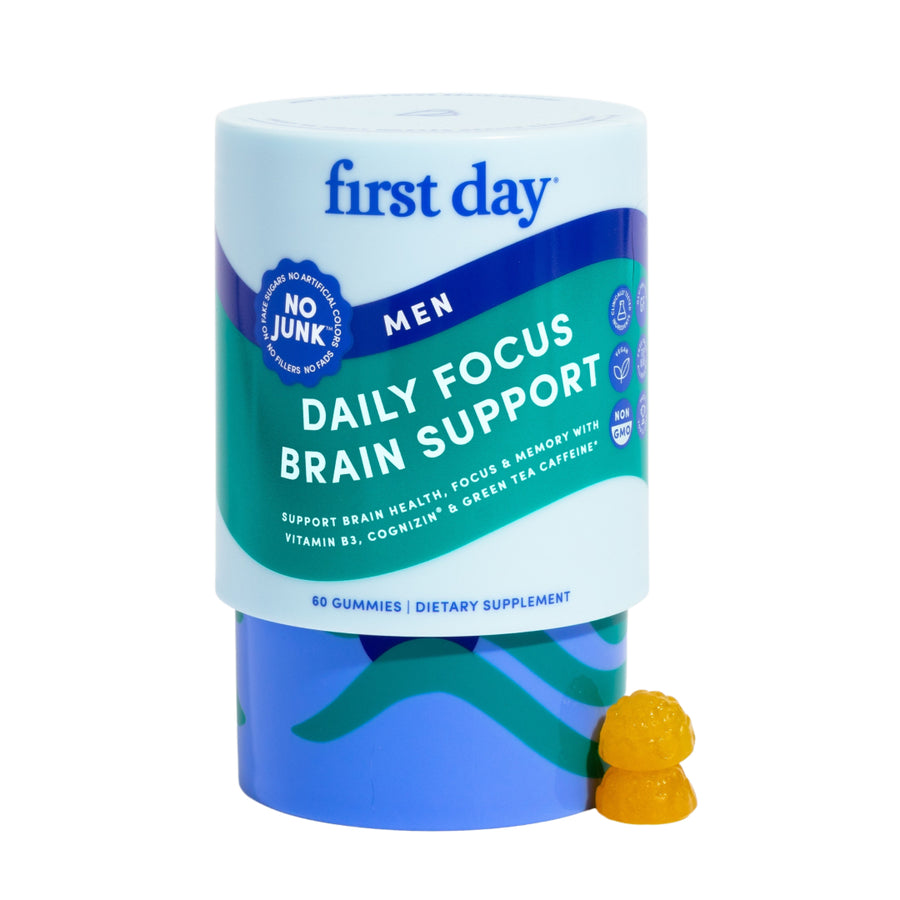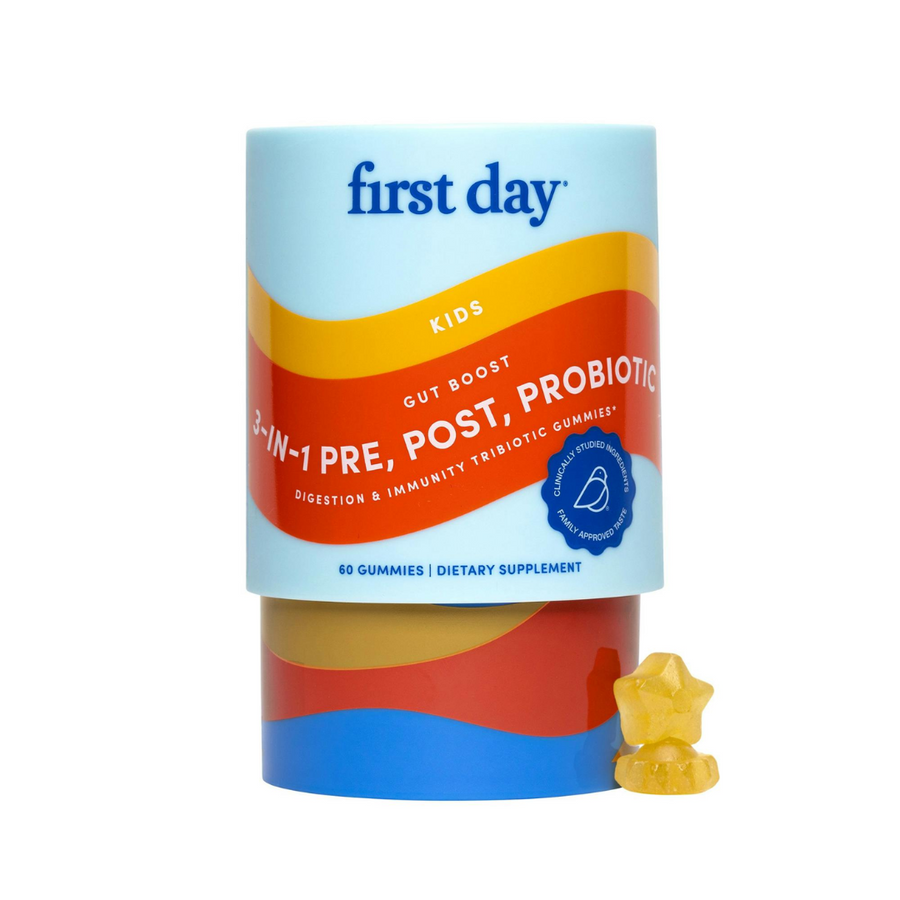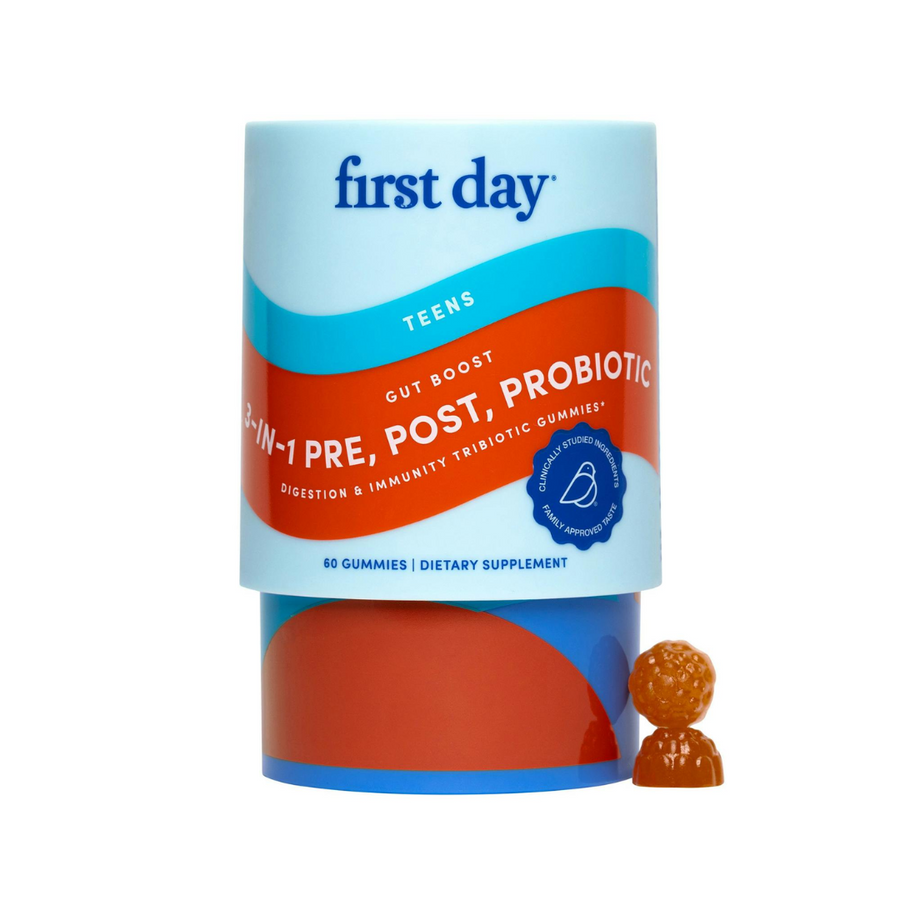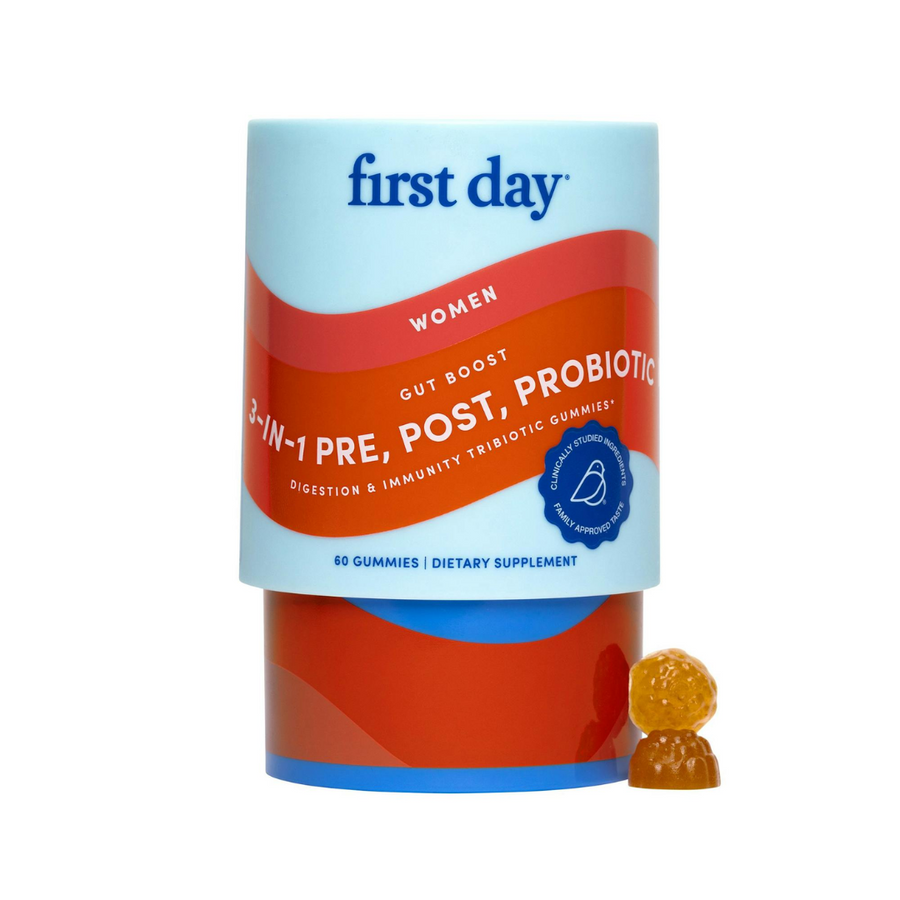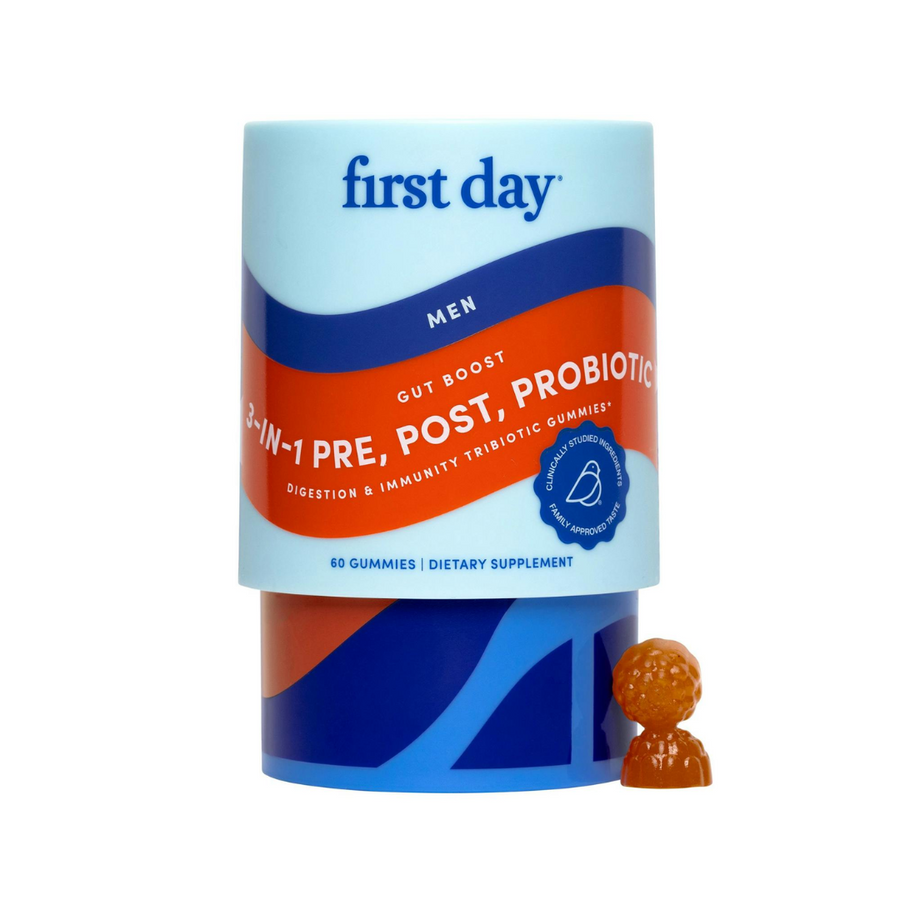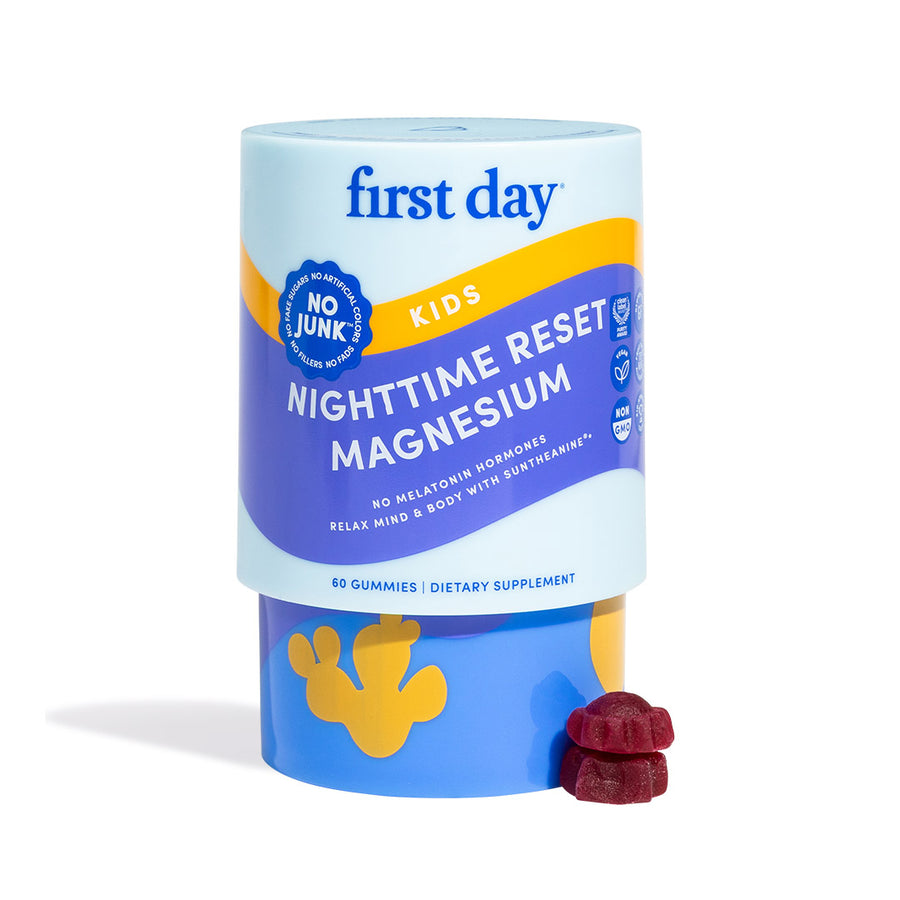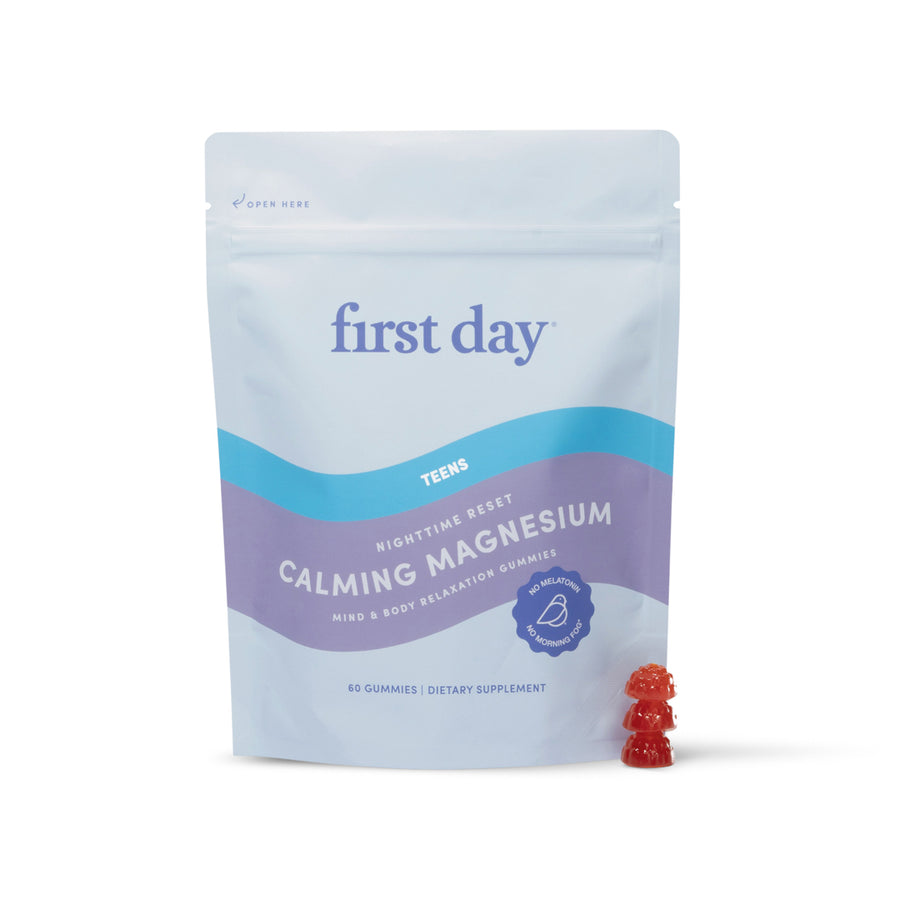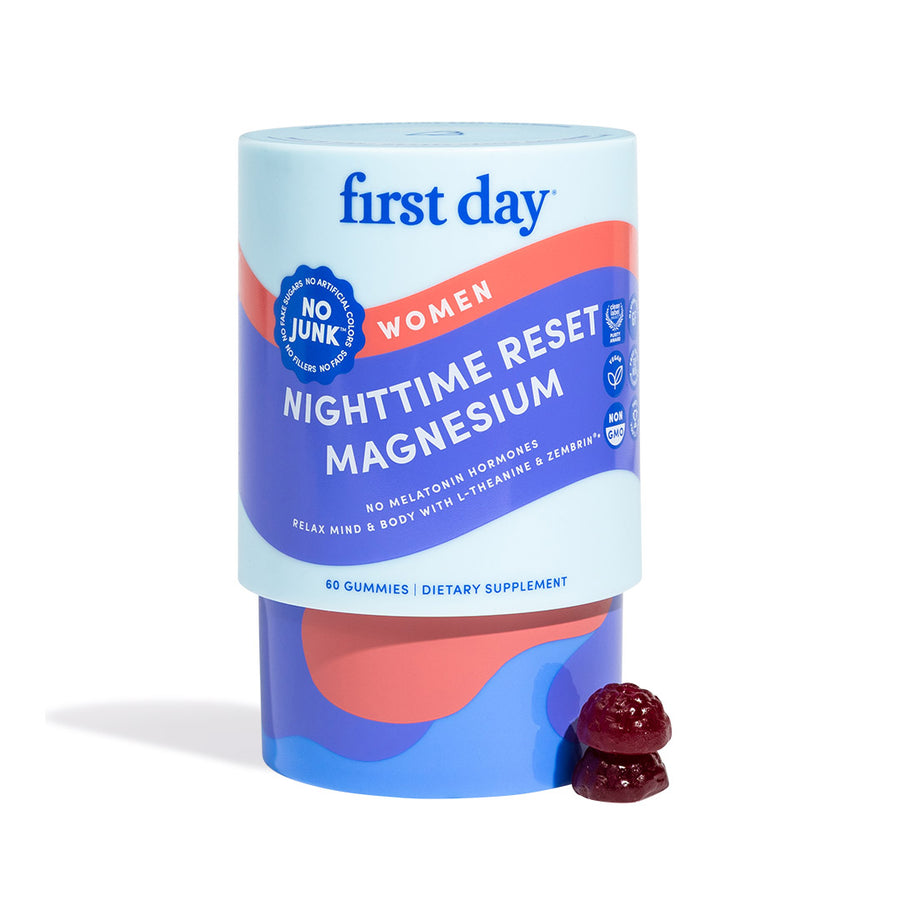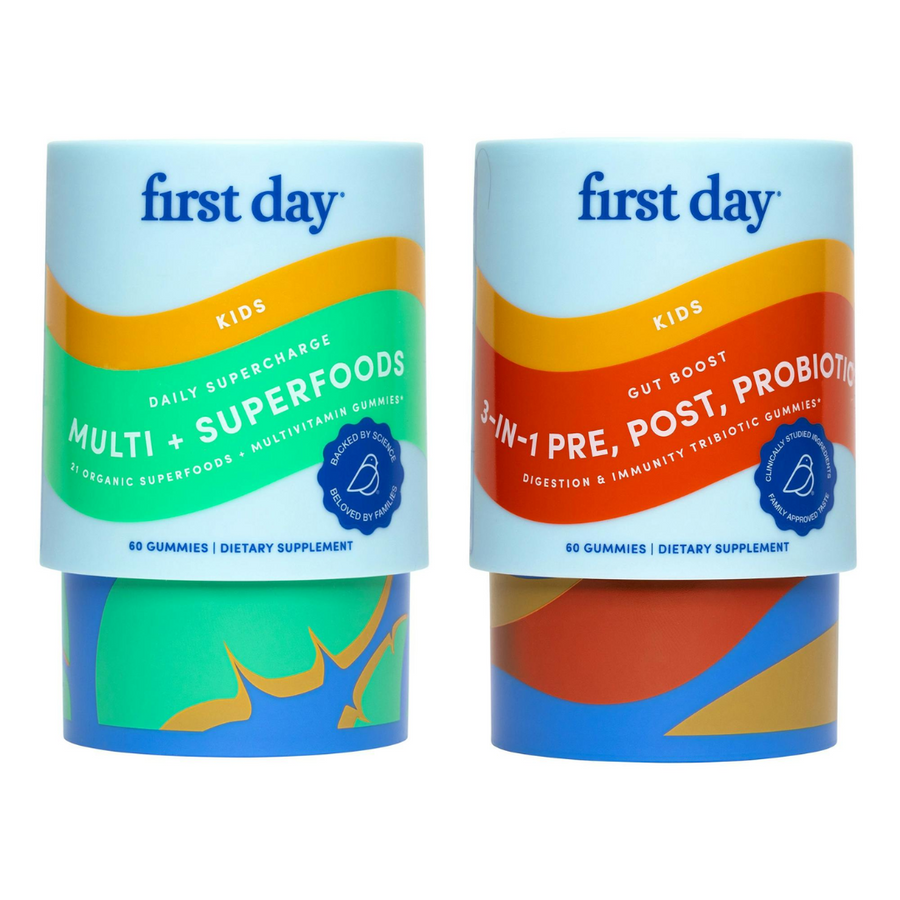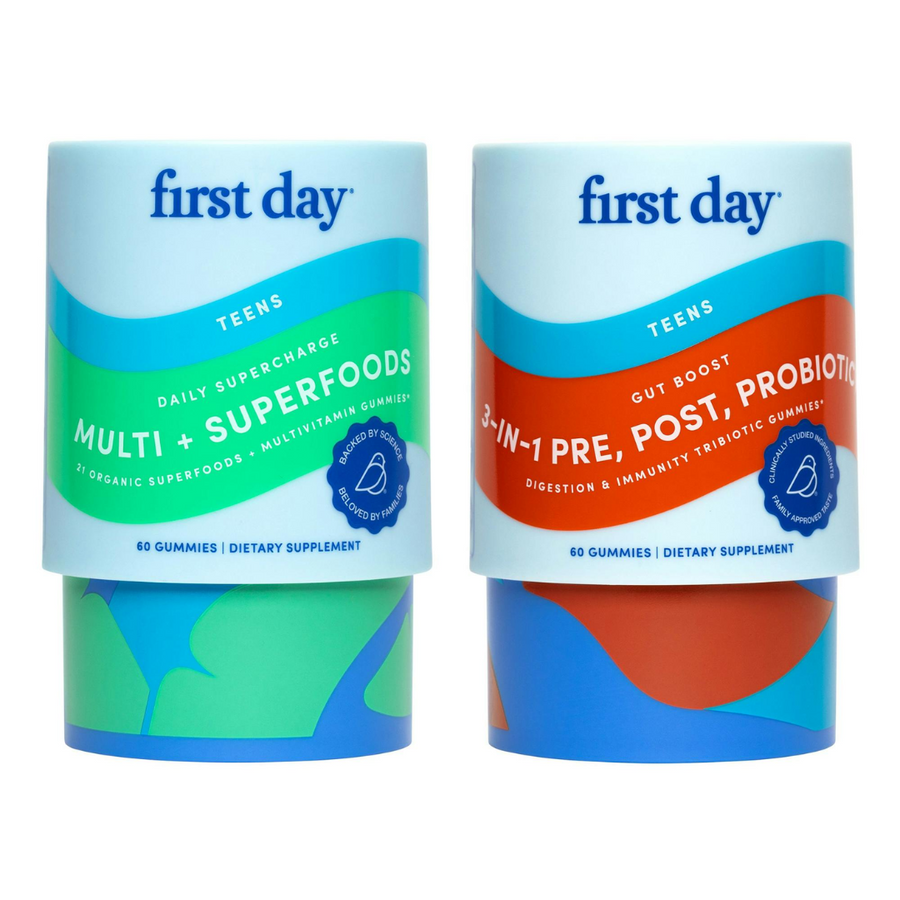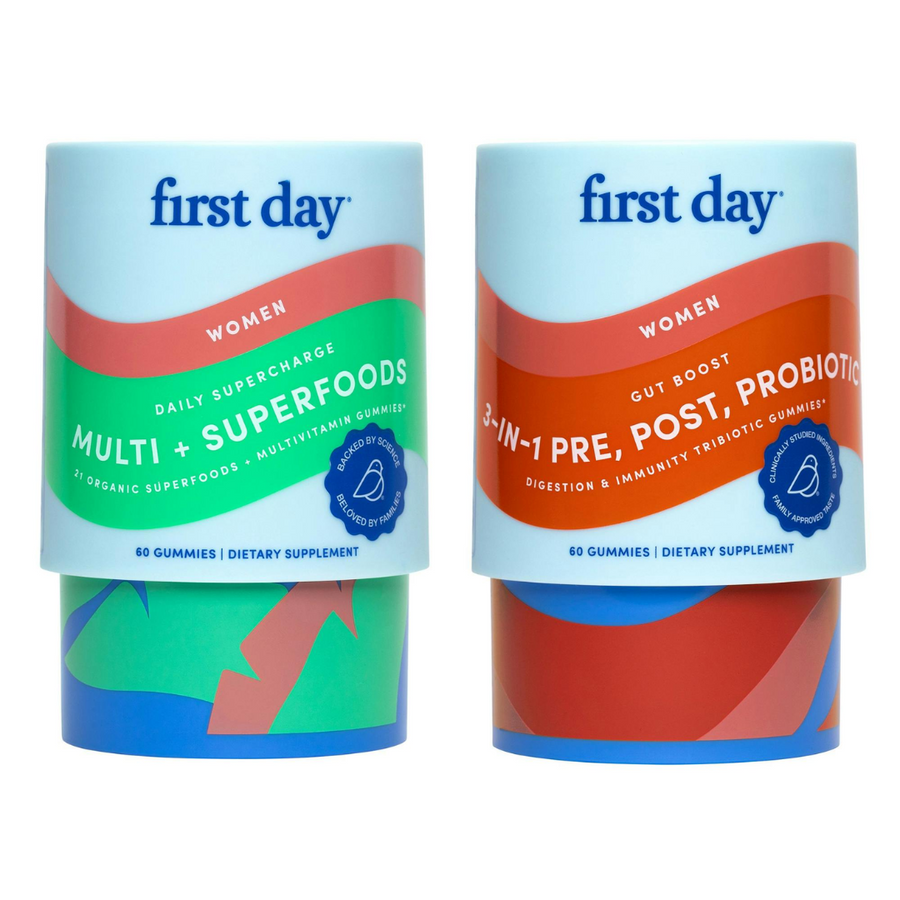In today's fast-paced world, we find ourselves asking, "Should I take a multivitamin?" more often than not. Why, you ask? Well, it's simple. Many of us are not getting the essential nutrients we need from our diet alone. We call this a 'hidden hunger', which is alarmingly becoming more common.
According to The Global Alliance for Improved Nutrition, over 2 billion people across the globe suffer from hidden hunger. That's almost a quarter of our planet's population not getting the nutrients they need from their daily meals. Astonishing, right?
But that's not all! Vanishing nutrients is another concern that has been gaining attention in recent years. You see, our soil isn't as nutrient-rich as it used to be. Factors like over-cultivation and erosion steal away important minerals. So, even if you're munching on your veggies, you might not be getting all the good stuff your body needs.
So, what's the solution? Here's the answer - multivitamins and supplements! They're like your body's backup team, filling in those nutritional gaps, and ensuring your family's wellbeing.
Let's fully break down the question, "Should I take a multivitamin?" so that you can make an informed decision for your family's health.
Understanding Multivitamins: What's in Them?
Multivitamins are like little powerhouses of nutrition. They come as pills, liquids, or chewable gummy multivitamins that contain many different vitamins and minerals our bodies need to function properly. The word "multi" means many, and "vitamin" refers to the necessary nutrients (vitamins and minerals) our bodies need to function. So, a multivitamin is a way to get many of the necessary nutrients in one neat little package!
What's in a Multivitamin?
First, they contain vitamins. There are 13 different vitamins our bodies need, and they all have their own special jobs. For example, vitamins like A, C, and E help to keep our immune system strong and so on. But vitamins aren't the only things in a multivitamin. They also contain minerals. For instance, minerals like calcium help keep our bones strong.
Multivitamins are important because they help fill in the gaps in our diet. Sometimes, we don't get enough of certain vitamins and minerals from the food we eat. This is called micronutrient deficiency or hidden hunger. A multivitamin can make sure we are getting the right amount of nutrients. This helps our bodies grow, develop, and stay healthy.
So, when you ask, "Should I take a multivitamin?" just remember all these wonderful benefits they can do for your body!
The Science Behind Multivitamins: How They Work
Each vitamin and mineral in a multivitamin has its own unique benefits. When combined, they create a powerful blend to support our overall health and well-being.
Vitamin A: The Protector
Vitamin A is a super important nutrient needed by your body. It is famous for helping you see clearly, especially when the lights are dim. But that's not all it does. It also helps you fight infections, so you can stay healthy. It does this by boosting your body's defenses, making it harder for germs to make you sick.
Plus, vitamin A plays an essential role in skin health, helping with cell growth, and reducing the risk of skin conditions like acne.
Vitamin A is found in lots of different foods. You can get it from eating orange vegetables (like sweet potatoes and carrots), green leafy vegetables (like spinach), and fruits (like apricots and mangos). It’s also found in animal sources, like dairy products, fish, and liver.
If you don't get enough Vitamin A, you might notice some changes. Some deficiency or hidden hunger symptoms you can experience are:
- trouble seeing in the dark
- getting infections more easily
- having rough or dry skin
- or even having growth problems.
So it's really important to make sure you're getting enough Vitamin A in your diet.
Vitamin B: The Energy Booster
Overall, B vitamins are known to boost energy levels, regulate mood, and support brain function. They play a vital role in the metabolism of carbohydrates, proteins, and fats, helping our bodies turn food into energy Vitamin B deficiency is linked to a variety of health problems, including anemia and neurological disorders. Also, if you or your kids are lacking B vitamins, it could lead to feeling sluggish and tired.
The B vitamins include B1 (thiamine), B2 (riboflavin), B3 (niacin), B5 (pantothenic acid), B6, B7 (biotin), and B12. You can get these vitamins from a variety of foods, like whole grains, legumes, meats, eggs, dairy products, nuts, seeds, and dark, leafy greens.
Vitamin C: The Immune System Booster
Vitamin C is probably the most well-known vitamin. It's well-known for boosting our immune system and helping us stay healthy. It also plays a role in wound healing and collagen production, which is essential for healthy skin and joints.
Our bodies can't make or store Vitamin C, so it's important that we get enough of it through our diet. Fruits and vegetables like oranges, strawberries, kiwis, broccoli, and bell peppers are excellent sources of Vitamin C.
Vitamin D: The Bone Builder
Vitamin D is essential for maintaining strong bones and teeth. It helps our bodies absorb calcium from food to keep our bones healthy. Recent research has also shown that Vitamin D plays a role in supporting our immune system .
Our bodies make Vitamin D when we're exposed to sunlight, but it's also found in a few foods like fatty fish (salmon, mackerel), egg yolk, and fortified dairy products. However, some people do not get enough Vitamin D from their diet alone, making it important to supplement with a multivitamin.
Vitamin K: The Blood Clotter
Vitamin K is not as well-known as the others, but it plays a crucial role in blood clotting. It helps our bodies form blood clots to stop bleeding when we get a cut or scratch. Vitamin K also supports bone health and helps prevent osteoporosis.
Green leafy vegetables like spinach, kale, and broccoli are excellent sources of Vitamin K. It's also found in some vegetable oils and fortified cereals.
Vitamin E: The Antioxidant
Vitamin E is very important for our bodies, just like all the other vitamins. It has a special job called an "antioxidant." It fights off harmful things called "free radicals" that can damage our cells.
This work of Vitamin E is really good for our health. It helps keep us healthy and boosts the body's defense system (the immune system), so you don't get sick too often.
Vitamin E is found in many tasty foods. You can get it from nuts and seeds, spinach and broccoli, and even fortified cereals and juices. But if you don't get enough Vitamin E, you could have a weaker immune system and get sick more easily.
Zinc: The Wound Healer
Zinc is a mineral that plays an important role in healing wounds and supporting a healthy immune system. It helps our bodies make new cells and enzymes, which are essential for growth and development. Foods like seafood (oysters, crab), beans, nuts, whole grains, and dairy products are rich sources of zinc.
Magnesium: The Calm-Down Mineral
Magnesium is also a valuable mineral as it helps our bodies stay calm and relaxed. It plays a role in regulating mood, sleep, and stress levels. It also supports healthy nerve and muscle function. Green leafy vegetables, nuts, seeds, legumes, whole grains, and dairy products are excellent sources of magnesium.
Multivitamins and Age Groups: What You Need to Know
Multivitamins are a must for all age groups, from kids to adults. But, the specific vitamin and mineral requirements vary depending on age and life stage.
Adult Multivitamins
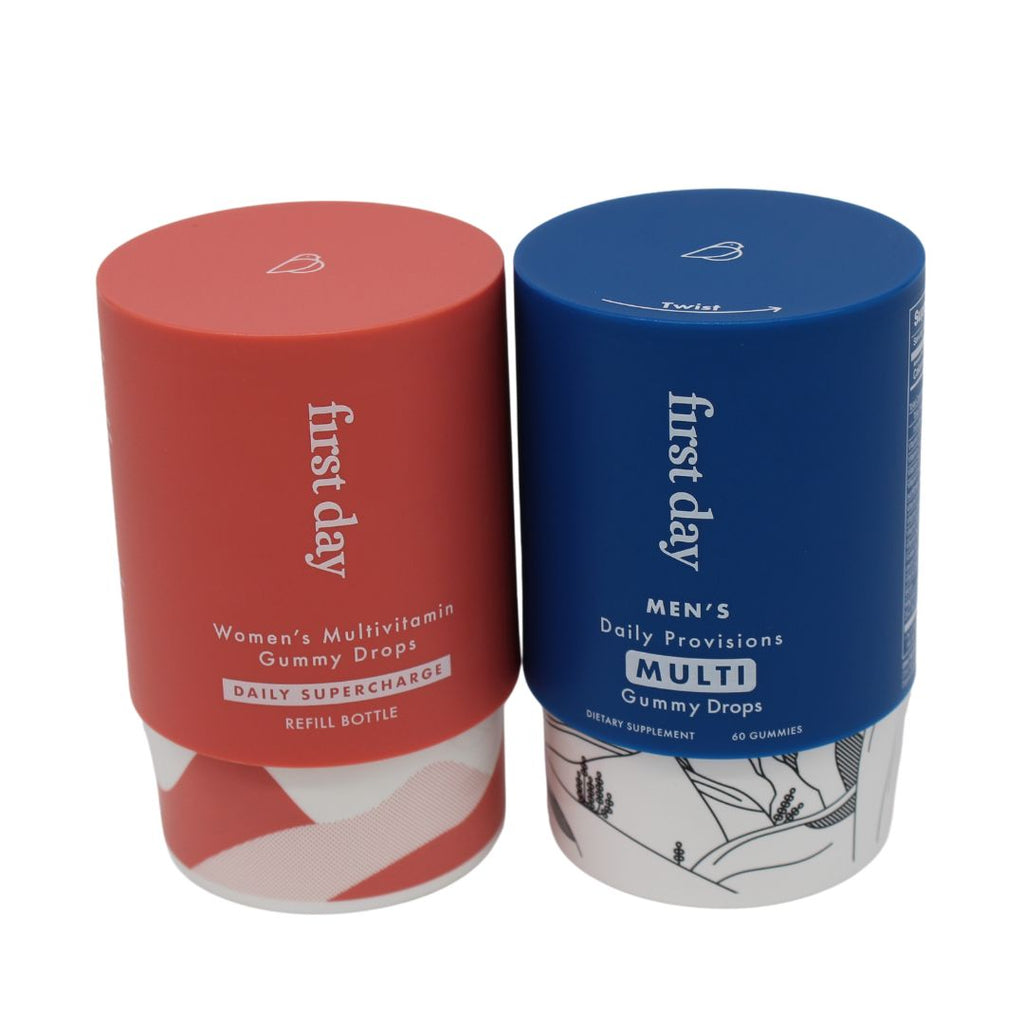
As busy adults, your life may feel like a never-ending race. From work to household chores to social engagements, it's easy to neglect our health and nutrition.
Including a multivitamin in your daily routine can make sure you're getting all the vital vitamins and minerals you need to keep up with your busy lifestyle. This is especially true when you may not have time to plan and make hearty meals. This can result in those nutritional gaps we mentioned earlier.
The Recommended Dietary Allowance (RDA) for some vitamins and minerals is higher for adults compared to children. So, look for a multivitamin specifically formulated for adults to meet your unique needs.
For example, at First Day, we understand the obstacles you may face to stay on top of your health. Our tasty gummy vitamins are heavily researched and formulated to provide you with the nutrients and support your body needs - without creating yet another task on your never-ending to-do list.
Discover First Day Multivitamins For Men & Women Today!
Teen's Multivitamins
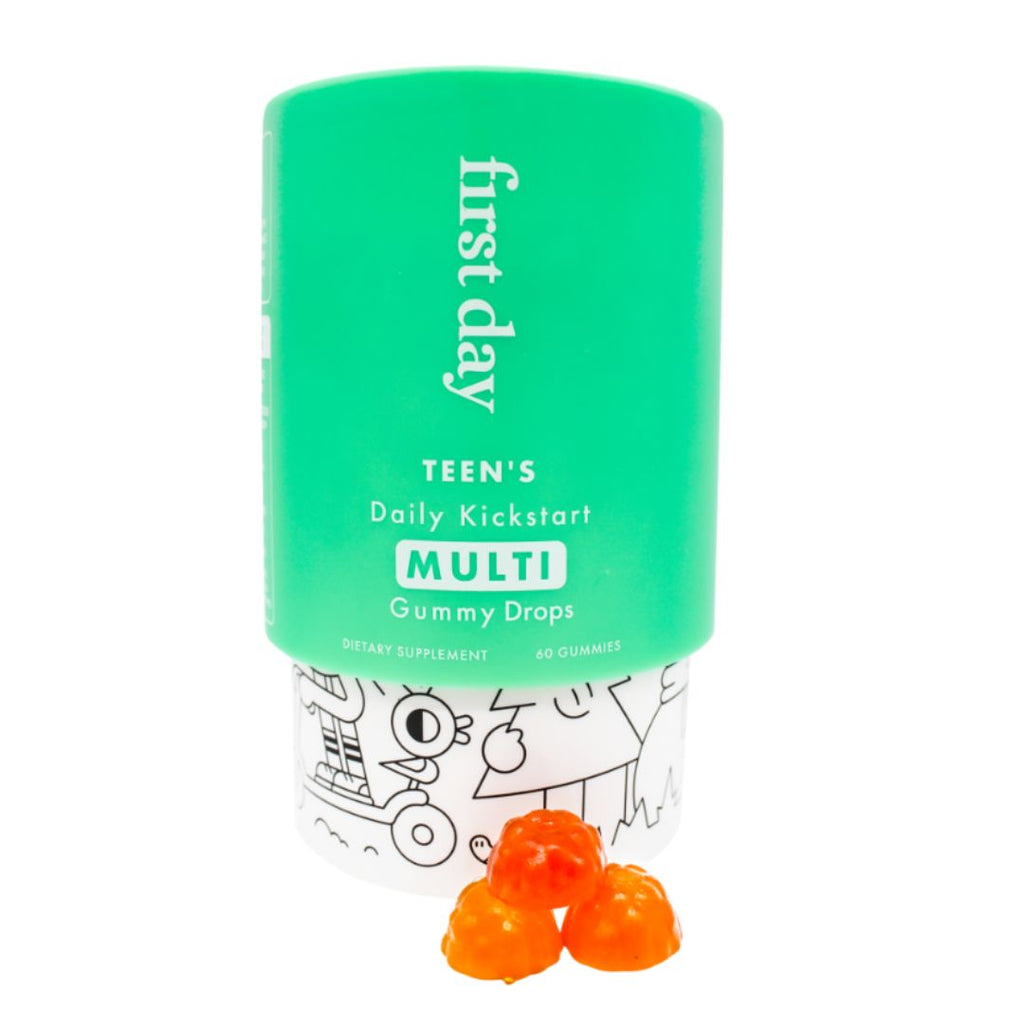
The teenage years are a critical growth phase. It's the time when their bodies need a wide range of vitamins and minerals in the right quantities.
Your lively teens are juggling school, sports, hobbies, and social life - all of which require a lot of energy and stamina. At the same time, their diet often falls short of meeting these increased nutritional demands. This is all thanks to the sweet temptation of fast foods and sugary snacks. Here's where our multivitamins for teens at First Day come into play!
Our specially formulated teen multivitamins are packed with all the essential nutrients that your teens need to stay healthy, active, and energized.
They're packed with B vitamins for energy, Vitamin C to boost their immunity and Vitamin D for strong bones. Not to mention, they taste great! So gone are the days of chalky, hard-to-swallow tablets. We've wrapped all the natural goodness of organic veggies and fruits in a tasty gummy that your teens would love to take every day.
Discover First Day Multivitamins for Teens Today!
Children's Multivitamins
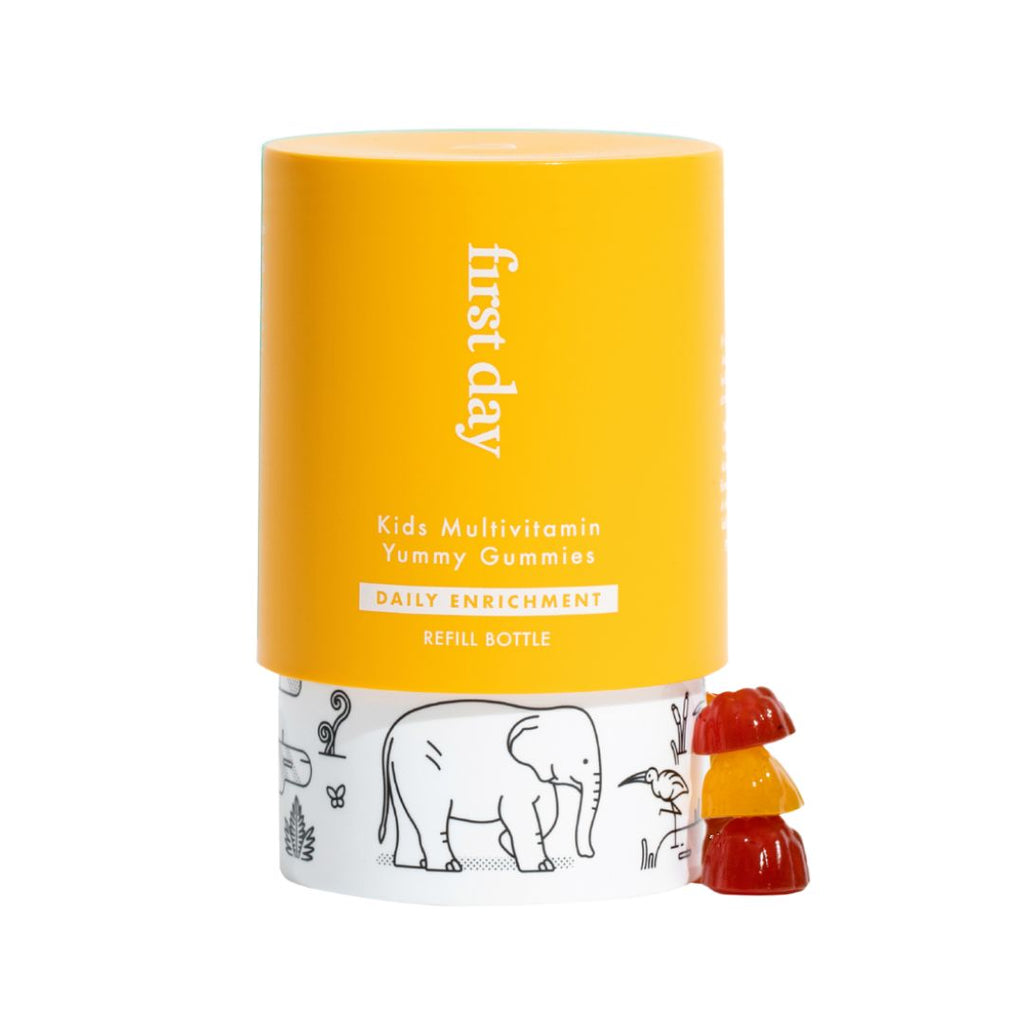
Childhood is a magical time, filled with joy, exploration, and learning. It's also a phase for a ton of growth and development. It's where every new day brings fresh opportunities for your kids to discover the world around them.
But, to fuel this growth and development, they must get the right vitamins and minerals. But let's face it - between the love of fast food, and the challenges of picky eaters, ensuring a balanced, nutrient-rich diet can seem like an uphill battle. Luckily, multivitamins can help bridge the gap and ensure your little ones get the nutrients they need.
At First Day, we've created special multivitamins just for children. They have all the important nutrients that children need to grow and develop. This includes vitamins A, C, D and B. These nutrients can help kids fight off sickness, keep their bones strong, and stay focused. '
And the best part? Our vitamins are yummy gummies, so your kids will be excited to take them! Discover the fun and easy way to help your kids stay healthy with First Day Multivitamins for Kids today!
Discover First Day's Multivitamins for Kids Today!
Myth Busting: Should You Take a Multivitamin?
You may still be wondering, "Should I take a multivitamin?" With all the conflicting information out there, it's easy to feel confused. So, let's bust some common myths surrounding multivitamins.
Myth 1: I Eat Well So I Don't Need a Multivitamin
While it's fantastic if you're eating a balanced diet that is rich in fruits, vegetables, lean proteins, and whole grains, the truth is, it might not be enough. You see, due to soil depletion, crops grown decades ago were much richer in vitamins and minerals than the varieties most of us get today. So even if you're eating a super healthy diet, you might not be getting all the nutrients you need. This is the pain of vanishing nutrients! That's why a multivitamin comes in handy - it's a reliable way to ensure you're covering all your nutritional bases!
Myth 2: All Multivitamins Are the Same
Nope, not all multivitamins are created equal.
The ingredients, quality, and formulations can vary greatly between brands. Some multivitamins may have fillers, artificial colors, or substandard ingredients. That's why it's important to choose a multivitamin that is transparent about its contents and sources, like First Day. Our yummy gummies are made with lots of scientific research and high-quality ingredients, ensuring you get the absolute best nutrition support. Don't just pick any bottle off the shelf when it comes to your health – make an informed choice!
Myth 3: Multivitamins Are Not for Healthy People
You might be thinking, "Hey, I'm already pretty healthy, so why should I bother taking a multivitamin?" Well, here's what you need to know.
Even if you're in tip-top shape, a multivitamin can still help you out. Think of it like a safety net for your nutrition. Even the healthiest among us can sometimes miss out on the vital vitamins and minerals our bodies need to be at their best.
So, How Do You Pick the Right Multivitamin? Let's Talk About It!
Choosing a multivitamin can feel like a game of "Eeny, meeny, miny, moe" with all the choices out there, but don't worry, here's a simple guide to help you:
- Know the brand: Look for a brand that's open about what's inside their bottles. You want to know exactly what you're eating, right?
- Beware of sugar content: While a tasty multivitamin is more likely to be taken regularly, be sure to check the sugar content. Some brands sneak in a lot of sugar to make their vitamins taste like candy. Look for brands like First Day that use 80% less sugar than other brands. We at First Day make our gummies delicious without loading them up with sugar.
- Check out the essentials: Make sure your multivitamin has the important stuff like Vitamin A, C, D, and B vitamins.
- Think about YOU: Everyone's different. What works for your friend might not work for you. If you're a mom-to-be or a growing child, you might need a different multivitamin than someone who isn't.
- Ask the pros: If you're still not sure, your doctor or a dietitian can help you choose the right multivitamin just for you.
- Personalized nutrition: Sometimes, it's not just about taking a multivitamin. You gotta think about personalized nutrition. Does your genetic makeup make it harder or easier to get certain nutrients? You'll definitely need to speak to a doctor about this!
- Always read the labels and dosages: More is not always better! And you want to make sure you're getting the right nutrient in the right amount. Be wary of brands that go above the recommended 100% Daily Value. This is all according to the age and nutrition needs of the person taking it- Recommended Daily Allowance (RDA).
- Don't wait: Don't wait until you're sick or deficient to start thinking about taking a multivitamin. Prevention is key!
Multivitamins and Special Diets: Vegan, Vegetarian & Gluten-Free Options
So, let's talk about gelatin and gluten, shall we? You might have heard about these two, especially if you or someone in your family has an allergy. So what's the deal?
The Gelatin-Gate
Gelatin is a protein usually made from boiling animal parts. And it works great as a gelling agent (think jello). But for some people, gelatin can cause an allergic reaction. These reactions can vary from mild skin rashes to serious respiratory problems.
As parents, we want to give our kids the best possible nutrition. Something that works for them and won't cause any untoward reactions. That's why we recommend avoiding gelatin-based multivitamins, and instead opting for a plant-based alternative like First Day. Our vegan multivitamins are made with pectin which is made from fruit peels. So if you're looking for a safe, allergy-friendly option, we've got you covered!
Going Gluten-Free
Gluten, on the other hand, is a protein found mainly in wheat and other grains. While it’s not harmful for most of us, some people have a condition called celiac disease. For these folks, eating gluten can damage their small intestine. Others may have a gluten intolerance or sensitivity, leading to uncomfortable symptoms like bloating and stomach pain.
If you or your loved ones have celiac disease or gluten sensitivity, you must choose a gluten-free multivitamin. Luckily, First Day multivitamins are gluten-free. So you can rest assured that you're getting the nutrients you need without any unwanted ingredients.
So, Should I Take A Multivitamin?
Yes, you absolutely should consider taking a multivitamin! It’s a simple and reliable way to cover those nutritional bases and ensure you’re winning at well-being. From vanishing nutrients to inadequate meal choices, our bodies can use all the extra help they can get when it comes to getting the nutrients they need.
So why not make it easy and choose a high-quality multivitamin like First Day? Our multivitamins are carefully crafted with the highest quality ingredients, backed by science, and free of any artificial ingredients. They're designed to supplement your diet and bolster your family’s health, filling in any nutritional gaps. Bottom line? They're peace-of-mind in a bottle!
So, mom, dad, kids - everyone in the family - can make health and happiness their First Day’s work. Discover the benefits of taking a multivitamin with First Day. Don't wait, start today!
Discover The Joy of Better Health With First Day Today!
References:
New Global Estimates for Hidden Hunger ACTION NEEDED TO ADDRESS ALARMING MICRONUTRIENT DEFICIENCY LEVELS WORLDWIDE. (n.d.). https://www.gainhealth.org/sites/default/files/publications/documents/new-global-estimates-for-hidden-hunger.pdf
Jack, A. (n.d.). AMERICA’S VANISHING NUTRIENTS: Decline in Fruit and Vegetable Quality Poses Serious Health and Environmental Risks. https://www.betterbones.com/wp-content/uploads/2016/03/Americas-vanishing-nutrients-Decline-in-fruit-and-vegetable-quality-poses-serious-health-and-environmental-risks.pdf
Sajovic, J., Meglič, A., Glavač, D., Markelj, Š., Hawlina, M., & Fakin, A. (2022). The Role of Vitamin A in Retinal Diseases. International Journal of Molecular Sciences, 23(3), 1014. https://doi.org/10.3390/ijms23031014
Stephensen, C. B. (2001). Vitamin A, infection, and immune function. Annual Review of Nutrition, 21, 167–192. https://doi.org/10.1146/annurev.nutr.21.1.167
Ross, A. C., & Gardner, E. M. (1994). The function of vitamin A in cellular growth and differentiation, and its roles during pregnancy and lactation. Advances in Experimental Medicine and Biology, 352, 187–200. https://doi.org/10.1007/978-1-4899-2575-6_15
Tardy, A.-L., Pouteau, E., Marquez, D., Yilmaz, C., & Scholey, A. (2020). Vitamins and minerals for energy, fatigue and cognition: A narrative review of the biochemical and clinical evidence. Nutrients, 12(1), 228. https://doi.org/10.3390/nu12010228
NHS Choices. (2019, May 23). Symptoms - Vitamin B12 or folate deficiency anaemia. NHS. https://www.nhs.uk/conditions/vitamin-b12-or-folate-deficiency-anaemia/symptoms/
Carr, A. C., & Maggini, S. (2017). Vitamin C and immune function. Nutrients, 9(11), 1211. https://www.ncbi.nlm.nih.gov/pmc/articles/PMC5707683/
DePhillipo, N. N., Aman, Z. S., Kennedy, M. I., Begley, J. P., Moatshe, G., & LaPrade, R. F. (2018). Efficacy of Vitamin C Supplementation on Collagen Synthesis and Oxidative Stress After Musculoskeletal Injuries: A Systematic Review. Orthopaedic Journal of Sports Medicine, 6(10), 232596711880454. https://doi.org/10.1177/2325967118804544
Branch, N. S. C. and O. (2023, May 5). Calcium and Vitamin D: Important for Bone Health. National Institute of Arthritis and Musculoskeletal and Skin Diseases. https://www.niams.nih.gov/health-topics/calcium-and-vitamin-d-important-bone-health#:~:text=Vitamin%20D%20promotes%20bone%20health
Prietl, B., Treiber, G., Pieber, T., & Amrein, K. (2013). Vitamin D and Immune Function. Nutrients, 5(7), 2502–2521. https://doi.org/10.3390/nu5072502
Kashi, Z., Saeedian, F. sima, Akha, O., Gorgi, M. ali H., Emadi, S. fatemeh, & Zakeri, H. (2011). Vitamin D deficiency prevalence in summer compared to winter in a city with high humidity and a sultry climate. Endokrynologia Polska, 62(3), 249–251. https://pubmed.ncbi.nlm.nih.gov/21717408/
Vermeer, C. V. (2012). Vitamin K: the effect on health beyond coagulation – an overview. Food & Nutrition Research, 56(1), 5329. https://doi.org/10.3402/fnr.v56i0.5329
Cheung, A. M., Tile, L., Lee, Y., Tomlinson, G., Hawker, G., Scher, J., Hu, H., Vieth, R., Thompson, L., Jamal, S., & Josse, R. (2008). Vitamin K Supplementation in Postmenopausal Women with Osteopenia (ECKO Trial): A Randomized Controlled Trial. PLoS Medicine, 5(10), e196. https://doi.org/10.1371/journal.pmed.0050196
Rizvi, S., Raza, S. T., Ahmed, F., Ahmad, A., Abbas, S., & Mahdi, F. (2014). The role of vitamin e in human health and some diseases. Sultan Qaboos University Medical Journal, 14(2), e157-65.
Office of Dietary Supplements - Vitamin E. (n.d.). Ods.od.nih.gov. https://ods.od.nih.gov/factsheets/VitaminE-HealthProfessional/#:~:text=Vitamin%20E%20is%20a%20fat
Lin, P.-H., Sermersheim, M., Li, H., Lee, P., Steinberg, S., & Ma, J. (2017). Zinc in Wound Healing Modulation. Nutrients, 10(1), 16. https://doi.org/10.3390/nu10010016
Prasad, A. S. (2008). Zinc in Human Health: Effect of Zinc on Immune Cells. Molecular Medicine, 14(5-6), 353–357. https://doi.org/10.2119/2008-00033.prasad
MacDonald, R. S. (2000). The role of zinc in growth and cell proliferation. The Journal of Nutrition, 130(5S Suppl), 1500S8S. https://doi.org/10.1093/jn/130.5.1500S
@NatGeoUK. (2023, April 14). How magnesium affects your sleep and anxiety. National Geographic. https://www.nationalgeographic.co.uk/science-and-technology/2023/04/how-magnesium-affects-your-sleep-and-anxiety
Kirkland, A., Sarlo, G., & Holton, K. (2018). The Role of Magnesium in Neurological Disorders. Nutrients, 10(6), 730. https://doi.org/10.3390/nu10060730
Office of Dietary Supplements - Nutrient Recommendations and Databases. (n.d.). Ods.od.nih.gov. https://ods.od.nih.gov/HealthInformation/nutrientrecommendations.aspx#:~:text=Recommended%20Dietary%20Allowance%20(RDA)%3A
Suglia, E. (2018, December 10). Vanishing Nutrients. Scientific American Blog Network. https://blogs.scientificamerican.com/observations/vanishing-nutrients/
Boston, 677 H. A., & Ma 02115 +1495‑1000. (2020, September 23). Precision Nutrition. The Nutrition Source. https://www.hsph.harvard.edu/nutritionsource/precision-nutrition/#:~:text=Precision%20nutrition%2C%20also%20referred%20to
PETA. (2010, July 7). What is gelatin made of? | PETA. PETA. https://www.peta.org/about-peta/faq/what-is-gelatin-made-of/
Gelatin allergy. (2020). Aaaai.org. https://www.aaaai.org/allergist-resources/ask-the-expert/answers/old-ask-the-experts/gelatin-allergy#:~:text=Results%3A%20Positive%20gelatin%20test%20results
Celiac Disease Foundation. (2018). What is Gluten? | Celiac Disease Foundation. Celiac Disease Foundation; Celiac. https://celiac.org/gluten-free-living/what-is-gluten/
Celiac Disease Foundation. (2017, December 31). What Is Celiac Disease? Celiac Disease Foundation. https://celiac.org/about-celiac-disease/what-is-celiac-disease/

